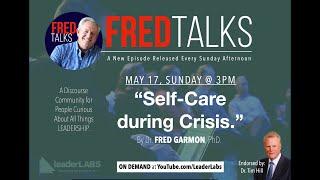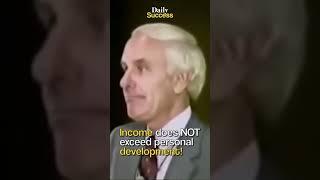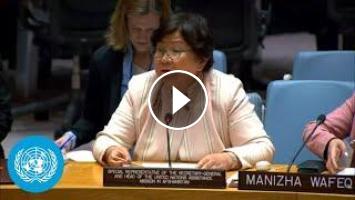Briefing by Ms. Roza Otunbayeva, Special Representative of the Secretary-General for Afghanistan and Head of the United Nations Assistance Mission in Afghanistan, on the situation in Afghanistan - Security Council, 9663rd meeting.
UN Special Representative for Afghanistan Roza Otunbayeva said, “Many outside Afghanistan tend to underestimate the positive developments that have taken place in Afghanistan, including ongoing humanitarian access, while the de facto authorities tend to underestimate the contributions of the international community to the successes that they claim.”
Addressing the Security Council today (21 Jun) Otunbayeva said, “The engagement of the region in promoting greater trade, diplomatic contacts, and economic investments has improved stability in Afghanistan. These have been aided by much improved security and reduced corruption.”
She continued, “Yet Afghanistan remains beset by massive poverty that leaves the population even more vulnerable to the many natural disasters that we have seen over the past few years as a result of climate change.”
She added, “The de facto authorities lack predictable, transparent, and consistent institutions for receiving feedback from the population, where they can approach the de facto authorities without fear.”
About the Doha meeting, scheduled to take place on 30 June, the Special Representative for Afghanistan said, “We are trying to establish a process and preserve an important mechanism of consultation. We must be realistic about how much each meeting in this process can deliver, especially at this early stage where confidence and trust are insufficient. For this process to truly begin, it is essential that the de facto authorities participate at Doha. We welcome recent statements from the de facto authorities that they are preparing to attend.”
She stressed, “It cannot be repeated enough that this sort of engagement is not legitimization or normalization. Only engagement through a common, coordinated and principled international position can provide a strong incentive for the de facto authorities to adopt policies that would allow for their reintegration into the international community.”
UN Special Representative for Afghanistan Roza Otunbayeva said, “Many outside Afghanistan tend to underestimate the positive developments that have taken place in Afghanistan, including ongoing humanitarian access, while the de facto authorities tend to underestimate the contributions of the international community to the successes that they claim.”
Addressing the Security Council today (21 Jun) Otunbayeva said, “The engagement of the region in promoting greater trade, diplomatic contacts, and economic investments has improved stability in Afghanistan. These have been aided by much improved security and reduced corruption.”
She continued, “Yet Afghanistan remains beset by massive poverty that leaves the population even more vulnerable to the many natural disasters that we have seen over the past few years as a result of climate change.”
She added, “The de facto authorities lack predictable, transparent, and consistent institutions for receiving feedback from the population, where they can approach the de facto authorities without fear.”
About the Doha meeting, scheduled to take place on 30 June, the Special Representative for Afghanistan said, “We are trying to establish a process and preserve an important mechanism of consultation. We must be realistic about how much each meeting in this process can deliver, especially at this early stage where confidence and trust are insufficient. For this process to truly begin, it is essential that the de facto authorities participate at Doha. We welcome recent statements from the de facto authorities that they are preparing to attend.”
She stressed, “It cannot be repeated enough that this sort of engagement is not legitimization or normalization. Only engagement through a common, coordinated and principled international position can provide a strong incentive for the de facto authorities to adopt policies that would allow for their reintegration into the international community.”
- Category
- United Nations
- Tags
- UN, United Nations, UNGA
Be the first to comment













